1. Midnight Bell Ringing
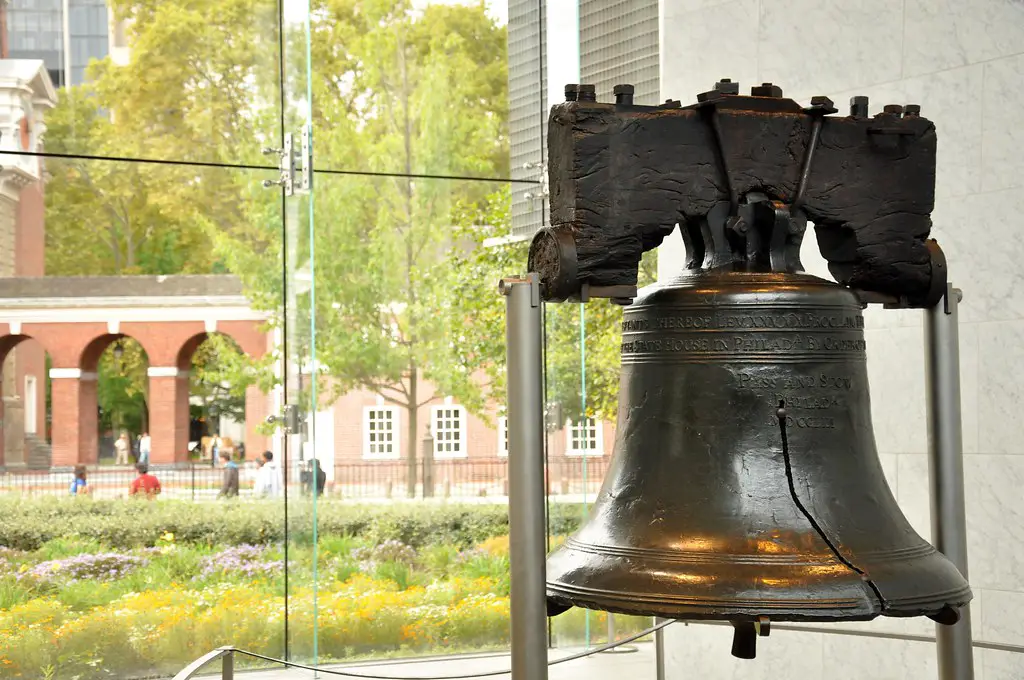
In many small towns, people believed the sound of bells could scare away bad luck. At midnight, church bells would ring in specific patterns, and the echoes filled the streets when everyone else was asleep. Children often woke up startled, wondering why such noise was necessary in the dead of night. Adults, however, saw the ringing as a shield against illness and misfortune. It became especially important during planting season, when farmers wanted every ounce of luck they could get. Neighbors sometimes gathered outside to listen, standing together in the cold darkness. For them, the ritual was comforting, even if it seemed eerie to outsiders.
The practice wasn’t about music but about disruption, confusing spirits and bad energy so they wouldn’t linger. No one dared to ignore it, fearing the town would be cursed if the bells stayed silent. Even the clergy joined in, though not all were happy about using the church for superstitious purposes. Over time, the tradition became so normal that people found silence stranger than sound. When newcomers arrived, they were often unnerved by the midnight noise, only to eventually accept it as a way of life. It was an unsettling reminder that in these towns, safety meant scaring away the unseen.
2. Burning Old Shoes
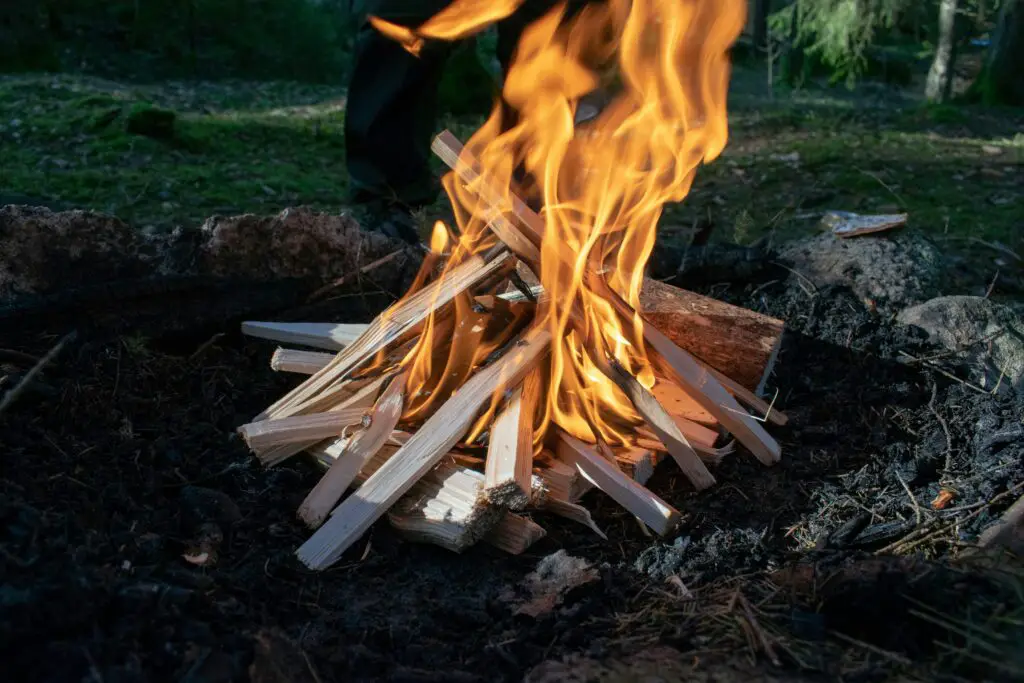
Some small communities believed bad luck clung to shoes. Once a year, everyone gathered to throw their worn-out pairs into a giant fire. The idea was that the smoke carried away misfortune, cleansing the town before spring began. Watching boots and sneakers curl in the flames was unsettling but oddly satisfying. Parents explained to their kids that the ritual helped everyone start fresh. The whole event became a mix of practicality and superstition, giving people a sense of control.
The smell was terrible, and the sight of smoldering shoes was hard to forget. Still, skipping the ritual wasn’t an option, because those who did risked being singled out if something unlucky happened. Some families even saved their shoes for months just to make sure they had something to contribute. For them, it was better to be part of the tradition than to stand apart. To outsiders, it looked like a strange bonfire, but for locals, it was serious protection.
3. Burying a Black Cat’s Whisker
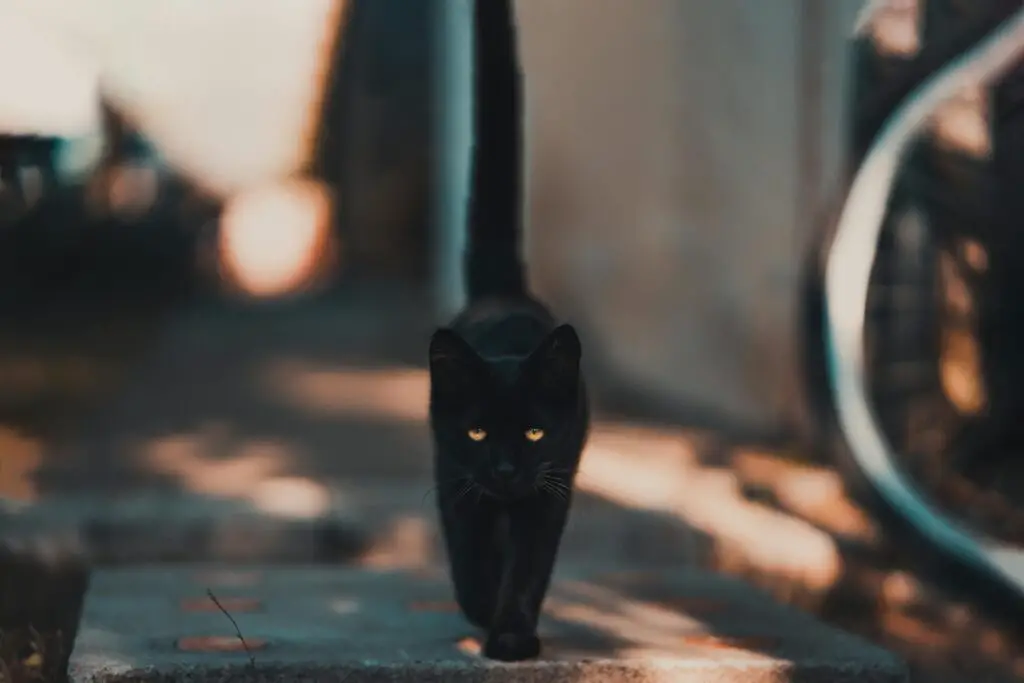
Cats have long been tied to superstition, and in certain towns, black cats carried a special kind of power. Families would bury a single whisker in their yard, believing it acted as a shield against misfortune. The ritual was often done in secret, late at night, when no one else was watching. Parents passed the custom down to their children, teaching them to dig a small hole and cover it with a stone. The act was quiet, yet it carried a heavy sense of importance.
Finding a whisker wasn’t easy, so people treated them like rare treasures. They believed the whisker could keep crops from failing or sickness from spreading. Even skeptics joined in, just in case. Outsiders might have thought it was creepy, almost like witchcraft, but townsfolk swore by its effectiveness. To them, the ritual meant security in a world where luck often decided survival.
4. Salt Across the Doorway

Most people know the superstition about tossing salt over your shoulder, but in some towns, it went further. At the start of each month, families lined their doorways with salt. It was meant to act like an invisible wall, stopping evil from walking inside. Children often helped, dragging white lines across porches and steps. The result was streets that looked ghostly and pale in the sunlight.
Wind or rain often scattered the salt, so people reapplied it constantly, treating it like daily upkeep. Visitors would ask about the strange habit, and locals always responded with the same answer: it worked. No one wanted to risk being the house without protection. Even those who doubted the superstition gave in, knowing they’d be blamed if misfortune struck. For the community, the sight of salted doorways wasn’t strange—it was security.
5. Candlelight at Crossroads
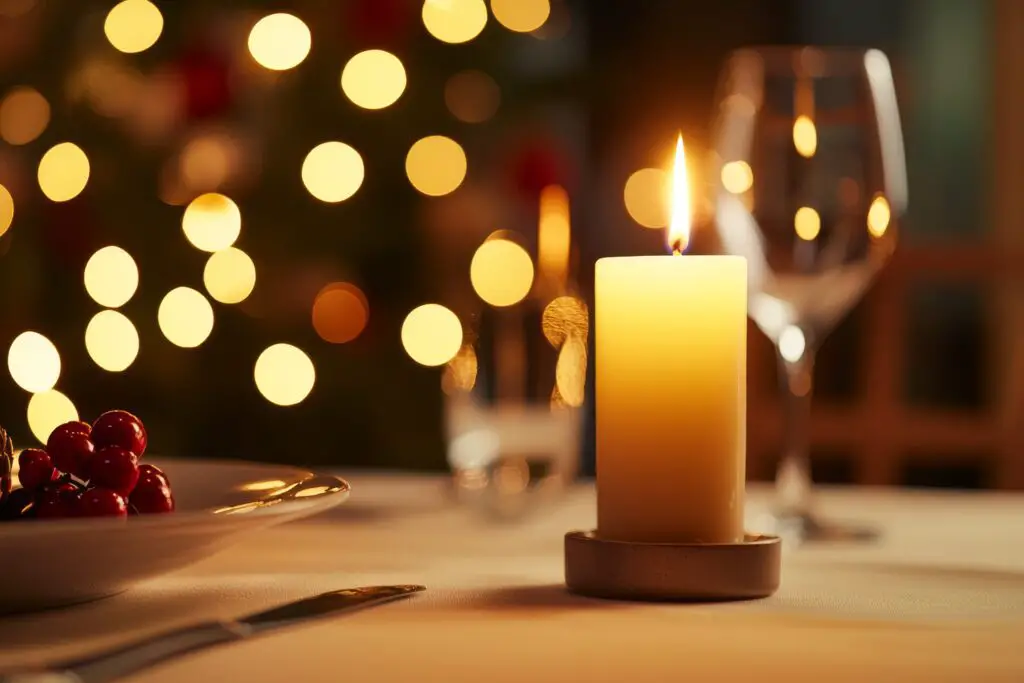
Crossroads have always carried a mysterious reputation, and some small towns leaned into that belief. Residents would place lit candles at intersections to keep bad luck wandering in circles. The image of flickering flames glowing in the night gave the streets an eerie beauty. It wasn’t just for show, though—locals swore it kept misfortune away. Children often carried the candles themselves, tasked with lighting them before dark.
The wind would blow them out, and kids were sent running back to relight them, turning the ritual into a strange kind of game. Strangers passing through often found the sight unnerving, wondering why no one was standing watch. But townsfolk knew the ritual’s strength came from the candles themselves. As long as they burned, the community felt safe. For them, the crossroads weren’t dangerous—they were guarded.
6. Whispering to the Well
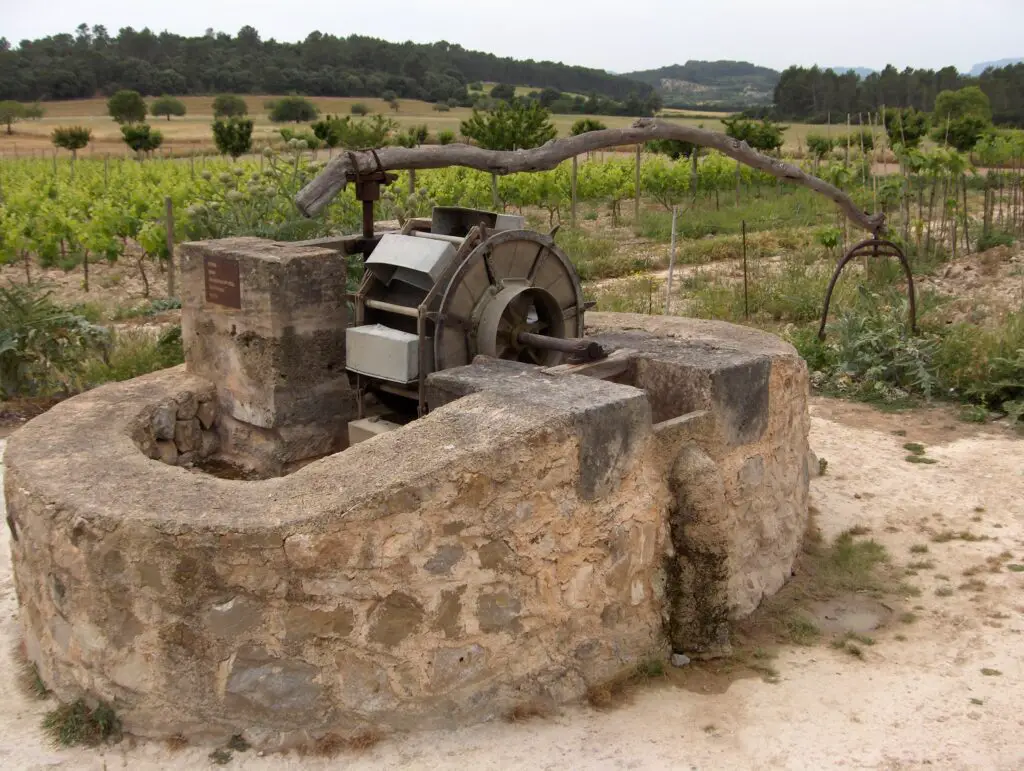
Water wasn’t just necessary, it was sacred. To protect their town from drought or illness, families whispered their fears into the local well. People leaned over the stones, murmuring their worries to the darkness below. Even children participated, whispering about schoolyard troubles or lost toys. The idea was that the well absorbed misfortune, locking it away underground.
Strangers who passed by at night sometimes heard these hushed voices and shivered. To them, it sounded ghostly, almost like the town was speaking to something unseen. But locals believed it worked—they claimed the water tasted fresher after the ritual. The well became more than a water source; it became the keeper of fears. And in a small town, having a place to put your worries mattered more than anyone realized.
7. Hanging Broken Mirrors

Most people consider broken mirrors unlucky, but some towns turned that belief around. Instead of throwing them away, residents hung shattered pieces on porches and barns. The jagged glass was thought to reflect bad spirits, forcing them to retreat. Walking through the streets, you’d see glints of light bouncing strangely from every corner.
The effect was unsettling, especially at night when moonlight caught the shards. But to locals, the reflections were a comfort, proof that their homes were defended. Children grew up accepting it as normal, though outsiders thought it looked like something from a horror story. For the townsfolk, the mirrors were more than scraps—they were shields.
8. Midnight Sweeping
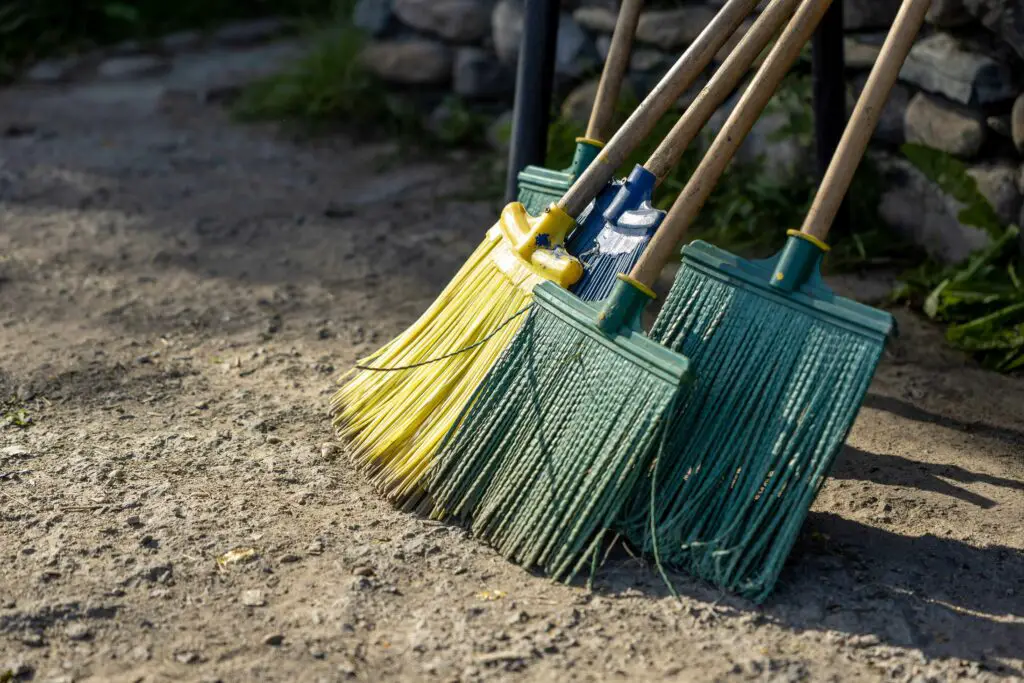
In certain places, cleaning wasn’t just about tidiness, it was about safety. At midnight, families swept their porches and doorsteps, pushing away imaginary misfortune. The sound of bristles scraping the wood became a familiar nightly chorus. It wasn’t about dirt—it was about clearing bad energy before it could settle.
Neighbors often swept together, chatting quietly while performing the ritual. Children joined in, sometimes making games of sweeping as fast as possible. Outsiders found it strange to see a whole town cleaning at such an odd hour. But locals believed the act kept sickness, poverty, and bad luck from crossing the threshold. For them, a broom was just as powerful as any charm.
9. Burying Rusty Nails
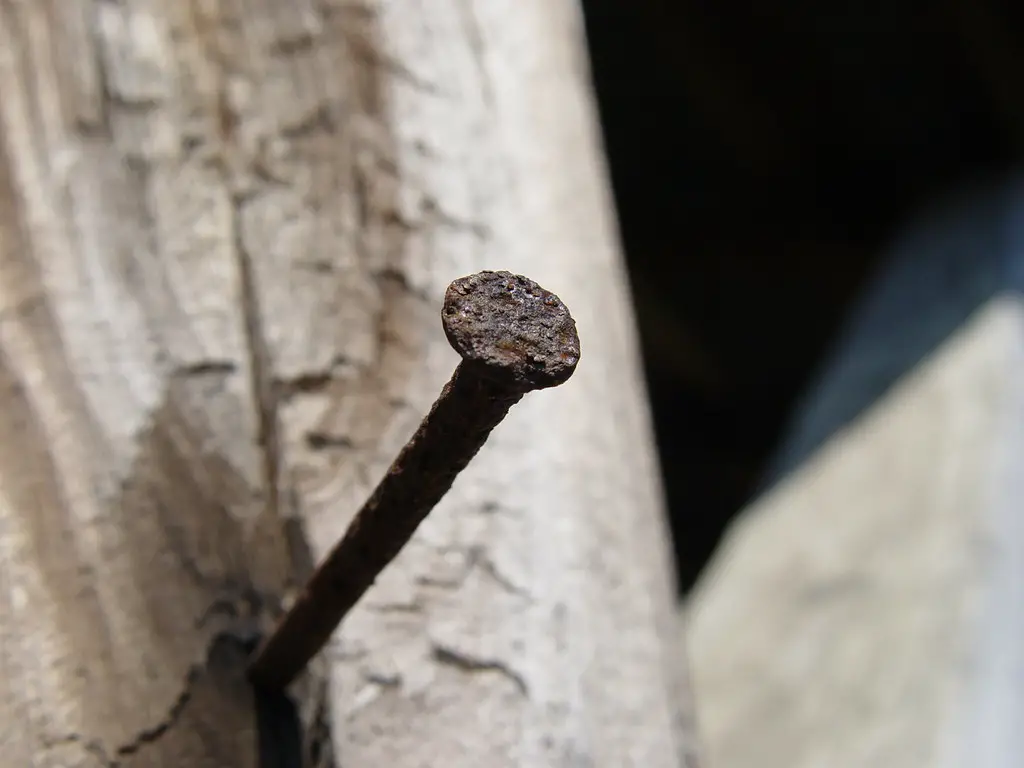
Rust was seen as a sign of decay, and some towns thought it carried bad fortune. Families collected old, bent nails and buried them at the edges of their property. The idea was that the earth would trap misfortune before it could creep inside. It wasn’t unusual to see kids digging shallow holes with their parents, dropping in handfuls of metal.
Over time, the ground around homes became littered with hidden nails. Outsiders worried about stepping on them, but locals swore the ritual worked. They believed the iron acted as a shield, forming a barrier against spirits. The ritual wasn’t flashy, but it gave people peace of mind. And in a small town, peace of mind was priceless.
10. Passing Bread Three Times
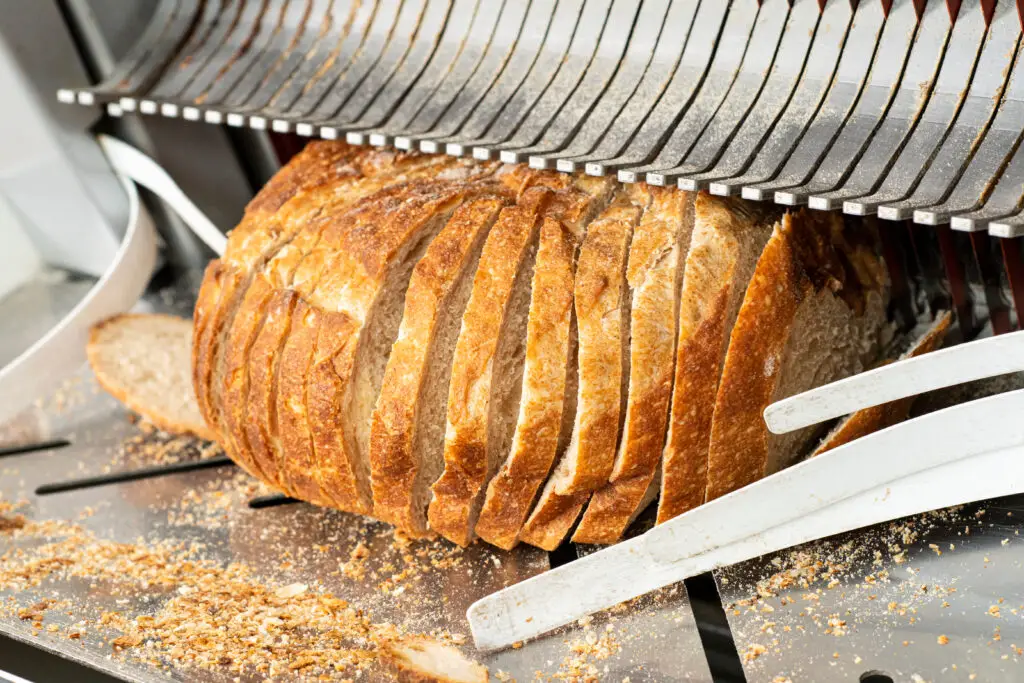
Food carried deep meaning in rural communities. To prevent bad luck from settling at the table, families passed bread across the table three times before eating. It was believed the repetition confused spirits, keeping them from spoiling the meal. Even small children knew not to eat until the bread had made its rounds.
Guests sometimes found the ritual odd, especially if they were hungry. But locals saw it as a small price to pay for a safe household. The act turned mealtime into a sacred moment, blending faith and superstition. For them, every bite of bread was a reminder that luck was fragile, and traditions kept it intact.
11. Knocking on Coffins

Funerals carried extra weight in superstitious towns. Before burying a loved one, mourners would knock three times on the coffin. The act was meant to ensure the dead didn’t carry misfortune back to the living. Families whispered prayers as they knocked, asking the spirit to rest peacefully.
The sound of knuckles rapping on wood was chilling, especially in a quiet cemetery. Outsiders sometimes thought it disrespectful, but locals believed it was essential. Without it, the spirit might return, bringing illness or sorrow to the town. The ritual wasn’t about fear of the dead—it was about keeping the living safe.
12. Crossing Water Backwards
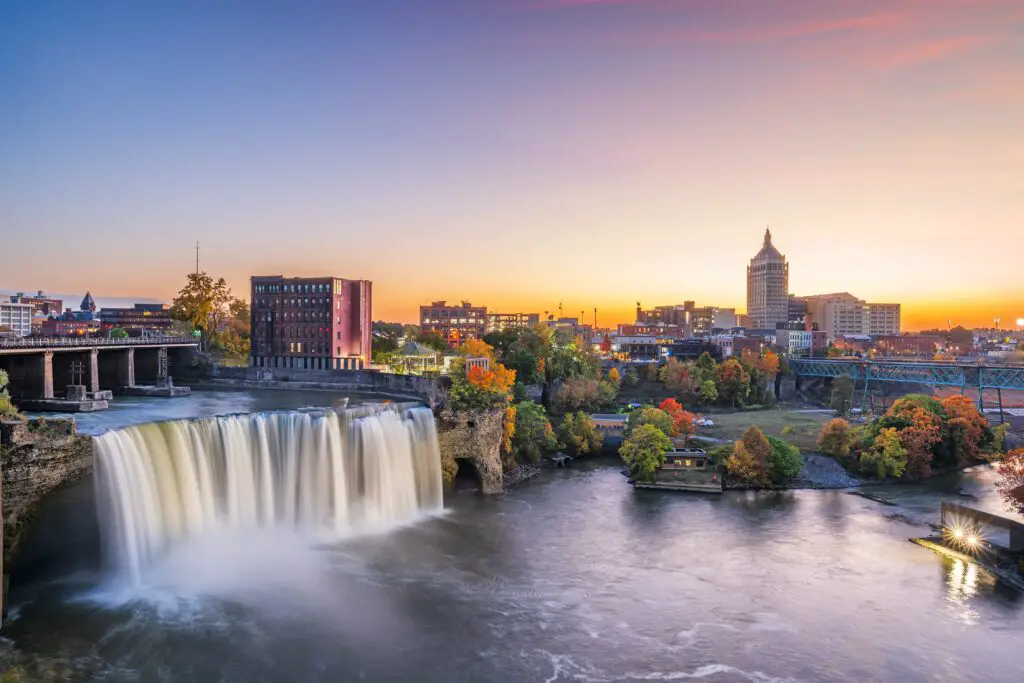
In some small towns, crossing water was thought to attract bad luck. To avoid this, people sometimes walked backward over bridges or shallow streams. The awkward sight of families shuffling in reverse puzzled strangers. But to locals, it was a way to outsmart spirits waiting by the water.
Children often laughed at the clumsy movements, but they were taught to take it seriously. The belief was that spirits couldn’t follow if you confused them with backward steps. Even travelers who stayed long enough adopted the practice, not wanting to risk bad fortune. For the townsfolk, the strange walk was worth it if it meant safety.
13. Burying Hair and Fingernails
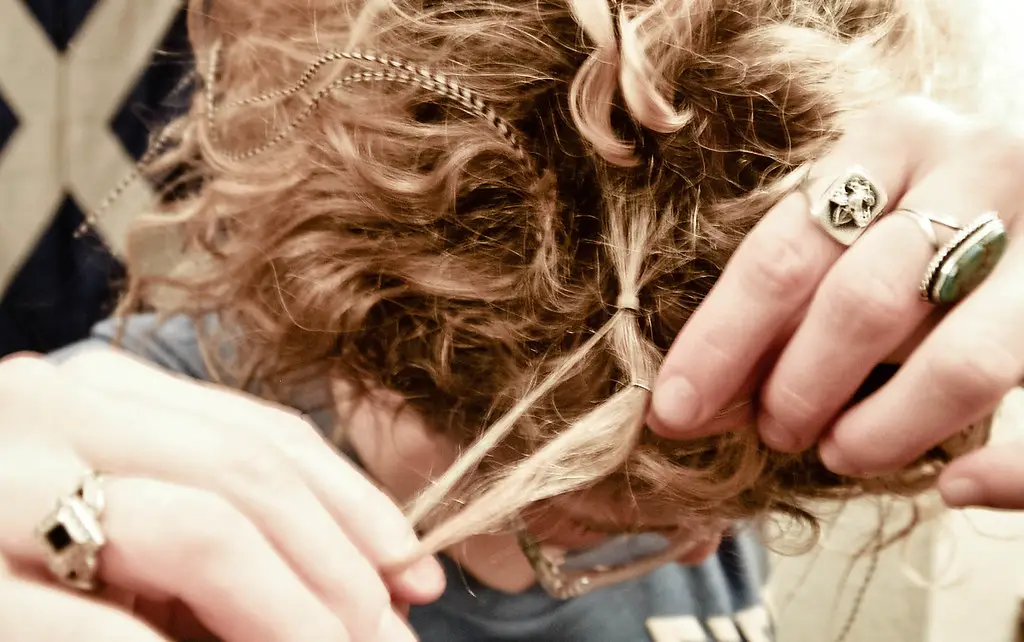
Personal scraps carried special power in folklore. To protect themselves, townsfolk buried clippings of hair and fingernails far from home. The idea was that misfortune couldn’t touch you if it didn’t have a piece of you to cling to. Families saved these bits in jars until it was time to bury them.
The ritual was unsettling, especially for outsiders who stumbled across little burial spots. But locals saw it as common sense, part of regular life. Parents taught children early on that their clippings had to be handled carefully. To them, the ritual wasn’t strange—it was necessary. And in small towns where superstition ruled, necessity was enough.
